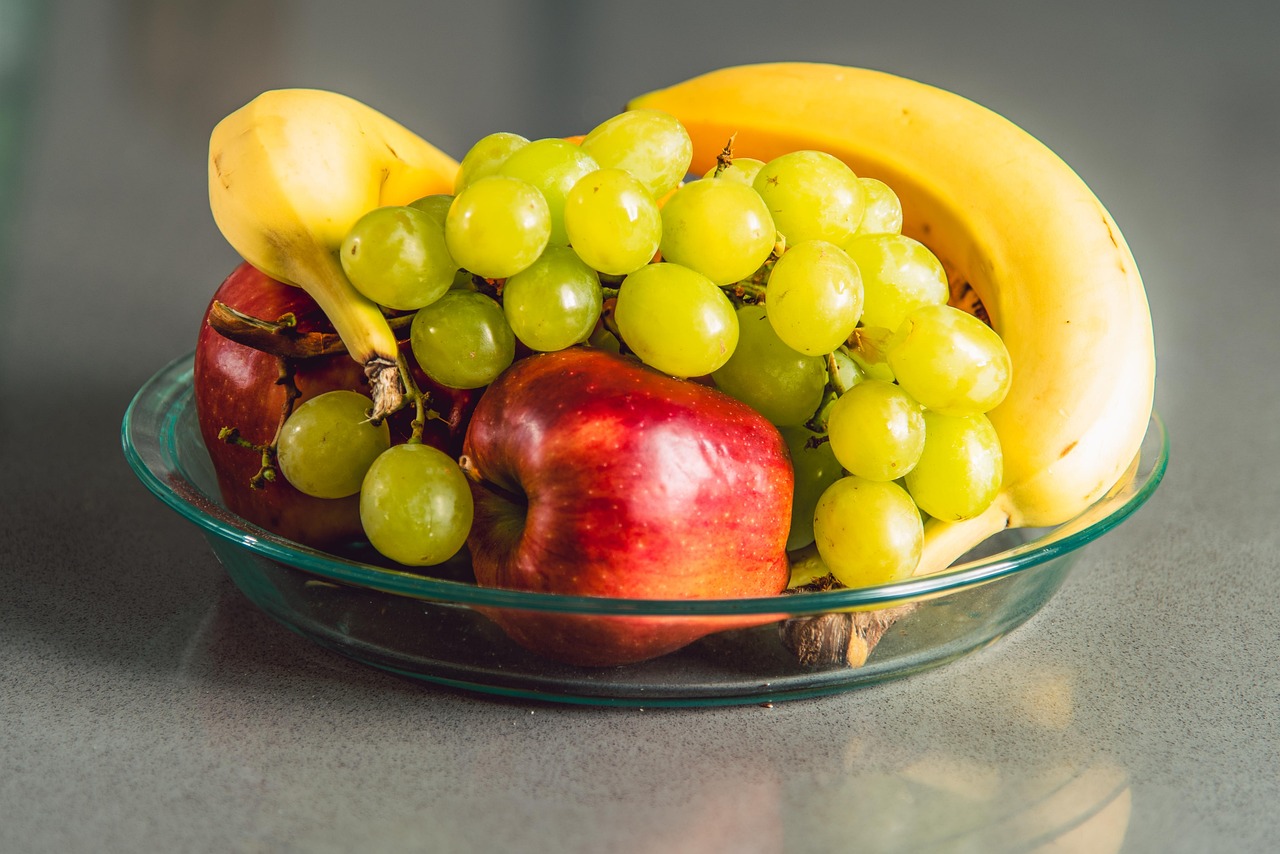Investigating the Health Effects of Food Irradiation: Gold bet 7, Radhe exchange, 11xplay.online
gold bet 7, Radhe Exchange, 11xplay.online: Food irradiation is a process that involves exposing food to ionizing radiation to kill bacteria, parasites, and other pathogens. While this technique has been used for decades to improve food safety and extend shelf life, there are concerns about its potential health effects on consumers. In this article, we will investigate the health effects of food irradiation and explore whether it is safe for human consumption.
Understanding Food Irradiation
Food irradiation is a process that involves exposing food to a controlled amount of ionizing radiation, such as gamma rays, X-rays, or electron beams. This radiation penetrates the food and kills bacteria, parasites, and insects that may be present, thereby reducing the risk of foodborne illnesses.
The process of food irradiation does not make the food radioactive, nor does it significantly alter the nutritional content or taste of the food. However, some critics of food irradiation argue that it may cause harmful chemical changes in the food, leading to potential health risks for consumers.
Research on the Health Effects of Food Irradiation
Numerous studies have been conducted to investigate the health effects of food irradiation, and the majority of research suggests that irradiated food is safe for human consumption. According to the World Health Organization (WHO) and the Food and Agriculture Organization (FAO), food irradiation is a safe and effective method for reducing the risk of foodborne illnesses.
One of the concerns raised about food irradiation is the formation of potentially harmful byproducts, such as free radicals and radiolytic products, in the irradiated food. Some studies have suggested that certain radiolytic products, such as benzene and cyclobutanones, may have carcinogenic properties.
However, the levels of these byproducts in irradiated food are well below the safety limits set by regulatory agencies, such as the US Food and Drug Administration (FDA) and the European Food Safety Authority (EFSA). Additionally, studies have shown that the health benefits of preventing foodborne illnesses far outweigh the potential risks associated with consuming irradiated food.
Benefits of Food Irradiation
Food irradiation offers several benefits in terms of food safety and shelf life extension. By reducing the levels of harmful pathogens in food, irradiation helps prevent foodborne illnesses and outbreaks of food poisoning. This is especially important for vulnerable populations, such as children, the elderly, and individuals with compromised immune systems.
Furthermore, food irradiation can help extend the shelf life of perishable foods, such as fruits, vegetables, and meat, by inhibiting the growth of bacteria and fungi. This can help reduce food waste and make fresh produce more readily available to consumers year-round.
Common Myths and Misconceptions
Despite the scientific consensus on the safety of food irradiation, there are still many myths and misconceptions surrounding this process. One common myth is that irradiated food is radioactive and can cause radiation sickness. In reality, irradiated food does not become radioactive, and it is safe for human consumption.
Another myth is that irradiated food lacks nutritional value and taste. While it is true that some nutrients, such as vitamins C and E, may be slightly reduced in irradiated food, the overall nutritional content remains largely intact. Similarly, irradiated food maintains its taste, texture, and appearance, making it indistinguishable from non-irradiated food.
FAQs
1. Is irradiated food safe to eat?
Yes, irradiated food is safe for human consumption and has been approved by regulatory agencies worldwide.
2. Does irradiated food contain harmful chemicals?
While irradiated food may contain trace amounts of radiolytic byproducts, these levels are well below safety limits and do not pose a health risk to consumers.
3. How can I tell if a food has been irradiated?
Foods that have been irradiated are required to bear the Radura symbol, which indicates that the food has been treated with ionizing radiation.
In conclusion, food irradiation is a safe and effective method for improving food safety and extending the shelf life of perishable foods. While there are concerns about potential health risks associated with consuming irradiated food, the overwhelming scientific evidence suggests that it is a valuable tool in preventing foodborne illnesses and reducing food waste. Consumers can rest assured that irradiated food is safe, nutritious, and indistinguishable from non-irradiated food.







